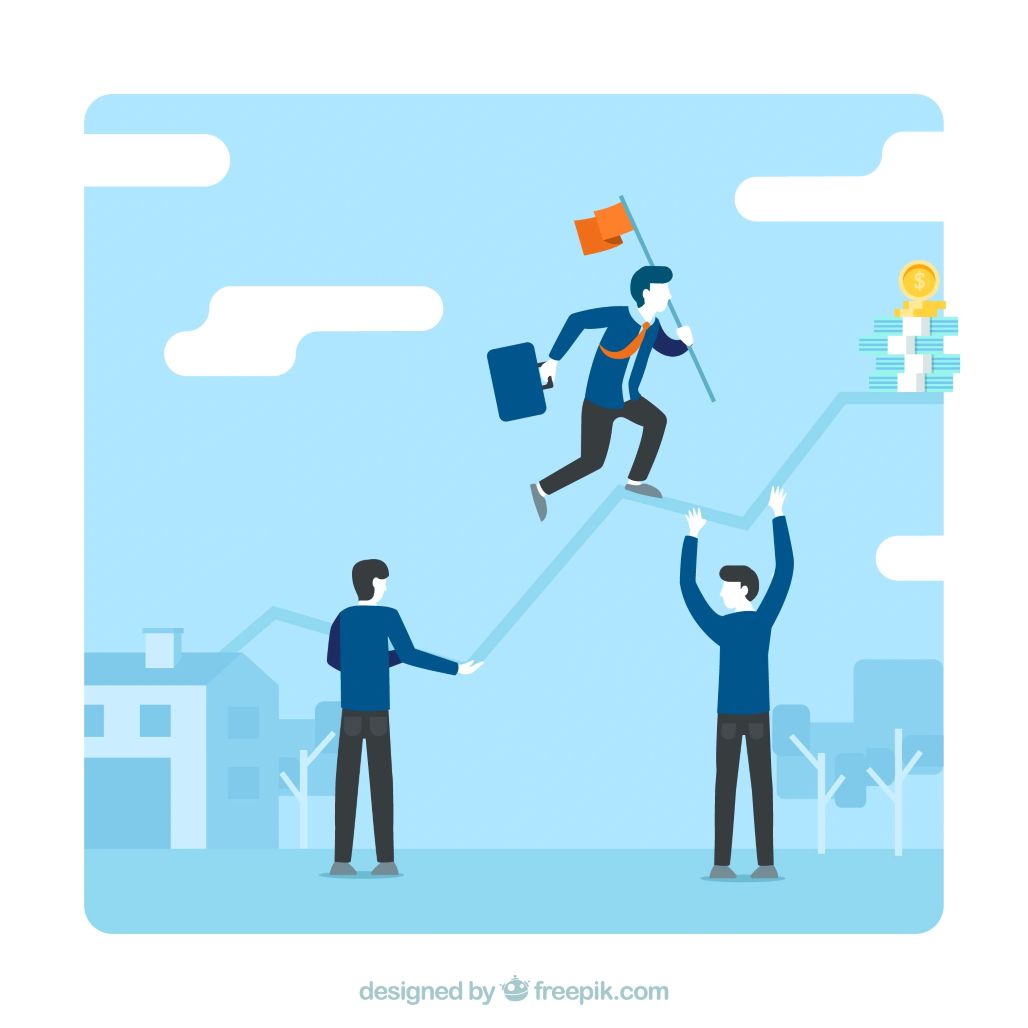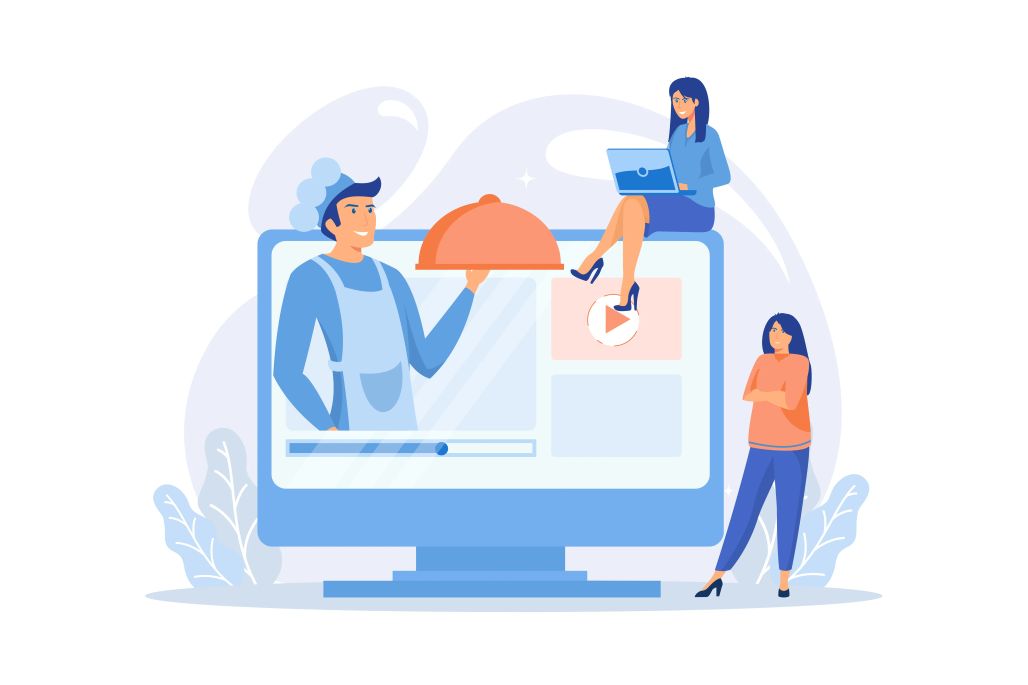The hospitality sector in 2025 faces a number of converging pressures: rising guest expectations, labor shortages, inflationary cost pressures, and rapidly changing technologies. These hospitality industry challenges 2025 require innovative strategies to keep staff aligned and operations seamless. In this dynamic environment, training of staff is not just a cost centre — it's a strategic differentiator in delivering service, maintaining brand standards, and improving guest satisfaction.
An effective LMS for hospitality has become essential: it helps to standardize and scale training, ensure consistency, enable personalization, and track performance. In this article, we examine the hospitality industry major challenges in 2025 and show how an LMS addresses them, and provide examples and strategies- including ways Calibr’s solutions can fit in.
Ready to elevate your guest experience and reduce training gaps? Explore how Calibr’s solutions can transform hospitality training by signing up or contacting us for more details
Hospitality Industry Major Challenges 2025 & Solutions to overcome it
The hospitality industry in 2025 faces multiple pressures — from labor shortages to rising costs, evolving guest expectations, technological transformations, sustainability demands, and financial constraints. Addressing these challenges in hospitality training requires strategic training solutions that empower staff, standardize processes, and ultimately elevate guest experience. Learning Management Systems (LMS), particularly platforms like Calibr, provide an effective solution.

Labor Shortages & High Turnover
Challenge: The hospitality industry faces chronic labor shortages. Hotels, resorts, and restaurants often struggle to recruit, retain, and train enough skilled staff. High turnover disrupts service consistency, increases recruitment and training costs, and delays new hires from becoming fully competent. For guests, this translates into inconsistent experiences, slower service, and potential dissatisfaction.
Solution:
Implement digital onboarding programs via an LMS to accelerate readiness and ensure new staff are prepared for guest-facing roles quickly.
Offer role-specific microlearning modules that employees can access anytime, anywhere, for continuous skill development and just-in-time learning.
Provide personalized learning paths to cater to individual skill levels and learning preferences, boosting engagement and retention.
Platforms like Calibr Learn leverage AI-driven personalization to deliver tailored training journeys, ensuring employees gain the skills they need efficiently.
Impact: With faster onboarding, better engagement, and continuous learning, staff become confident and guest-ready sooner. Guests experience consistent service quality, leading to higher satisfaction, repeat visits, and stronger loyalty. Addressing hospitality industry challenges 2025 like turnover is critical for long-term success.
Rising Operational Costs
Challenge: Operational expenses in hospitality are steadily increasing — from energy, utilities, and food & beverage supplies to wages and regulatory compliance costs. Rising costs squeeze margins and leave operators to make difficult trade-offs, often affecting service quality or staff training budgets.
Solution:
Deploy scalable digital training to reduce costs associated with repeated in-person sessions, travel, and venue arrangements.
Use real-time analytics to identify knowledge gaps, optimize staff allocation, and reduce inefficiencies.
Standardize and centralize training materials with Calibr Content Hub to create reusable modules accessible across multiple properties.
Impact: Costs are controlled, training is delivered more efficiently, and resources saved can be reinvested into guest-facing services, employee development, or property upgrades — all contributing to smoother operations and better guest experiences.
Changing Guest Expectations
Challenge: Today’s guests demand personalized, seamless, and tech-enabled experiences. From mobile check-ins and contactless payments to highly customized services, expectations are rising faster than ever. Failure to meet these expectations can result in negative reviews, low loyalty, and decreased revenue.
Solution:
Create training modules focused on personalization, digital tools, and service excellence to prepare staff for evolving guest needs.
Simulate real-world guest scenarios through interactive LMS modules, helping employees practice problem-solving and service skills in realistic settings.
Implement continuous feedback loops within the LMS to track performance, identify gaps, and improve staff competency.
Calibr Craft allows hospitality teams to quickly design and update content that responds to changing guest expectations and operational needs. Such initiatives directly tackle hospitality industry challenges 2025 by preparing staff for evolving guest needs
Impact: Staff are better equipped to deliver tailored, seamless experiences. Guests perceive attentiveness and efficiency, leading to higher satisfaction, positive reviews, and increased repeat business.
Technological Transformation & Data
Challenge: Hotels are adopting AI, automation, predictive analytics, and contactless systems. While these technologies enhance efficiency, they introduce new complexities: staff may lack the knowledge or confidence to use them effectively, leading to errors, delays, and inconsistent service.This represents a growing set of hospitality challenges in hospitality industry, especially as staff need to adapt to new digital tools
Solution:
Provide technology-focused LMS modules covering software updates, AI tools, and data-driven operational practices.
Include interactive tutorials, simulations, and refresher courses to reinforce learning and ensure mastery over time.
Enable multi-language and mobile access to reach a geographically dispersed workforce efficiently.
Calibr Learn adapts content to each employee’s learning pace and preferred method, ensuring even complex systems are mastered effectively.
Impact: Staff confidently use technology to streamline operations, reduce errors, and deliver smoother, faster guest experiences. Guests benefit from modern, seamless service while hotels maximize technology ROI.
Sustainability & Regulatory Compliance
Challenge: Environmental standards, health & safety regulations, labor laws, and sustainability initiatives are essential but complex. Keeping all staff up-to-date is challenging, and non-compliance can lead to legal, financial, and reputational consequences.
Solution:
Deliver mandatory compliance and sustainability modules through the LMS, including certification and tracking features.
Schedule automatic refresher courses to ensure ongoing compliance and knowledge retention.
Use analytics to monitor completion rates, performance, and comprehension.
Platforms like Calibr Learn and Calibr Content Hub make updating and distributing content to multiple locations seamless and efficient.
Addressing such hospitality challenges in hospitality industry ensures compliance, safety, and enhanced guest trust
Impact: Staff consistently follow environmental and regulatory best practices. Guests experience a safe, responsible, and eco-conscious environment, enhancing trust and reinforcing brand reputation.
Consistency Across Multiple Locations
Challenge: Multi-property operators face difficulty in maintaining uniform service standards due to cultural, regulatory, and operational differences across regions. Inconsistent training often results in variable guest experiences.
Solution:
Use a centralized LMS content hub to standardize training materials across locations.
Implement multi-language modules to cater to diverse teams.
Conduct standardized assessments and certifications to ensure uniform knowledge and skills.
Calibr Content Hub allows operators to deploy brand-aligned, consistent training worldwide.
Impact: Guests receive a uniform, high-quality experience regardless of location, reinforcing brand trust, loyalty, and reputation.
Financial Constraints & Budget Limits
Challenge: Many hospitality operators face tight budgets for staff training, property upgrades, and technology adoption. Traditional in-person training is costly and resource-heavy, and underinvestment often leads to poor service, high turnover, and reduced guest satisfaction. These financial pressures are among the key hospitality industry major challenges that operators must overcome through smarter training strategies. Since financial constraints remain one of the biggest hospitality industry major challenges, adopting scalable LMS platforms becomes critical. Cost-effective hospitality solutions, such as digital learning systems, empower operators to train staff efficiently while keeping expenses under control.
Solution:
Adopt a cost-effective LMS to reduce the need for in-person training and travel expenses.
Reuse digital content across multiple properties, saving development time and costs.
Track ROI using analytics, ensuring training investments produce measurable improvements in performance and guest satisfaction.
Platforms like Calibr Learn and Calibr Craft allow efficient creation and delivery of high-quality, engaging training content without extra overhead.
Impact: Training budgets are optimized, staff competency improves, and saved resources can be reinvested to enhance the guest experience, maintain service standards, and drive revenue growth.
These are some of the common hospitality challenges in hospitality industry that operators face globally.
Hospitality Industry Solutions & Real-World Examples

Many hospitality organizations are leveraging LMS platforms and digital training solutions to tackle operational and workforce challenges effectively. Large hotel chains, for example, have adopted centralized LMS platforms to ensure that every property, whether in different cities or countries, delivers consistent service standards.
LMS systems are also widely used for compliance training — covering food safety, hygiene, legal regulations, and data protection — helping reduce risk and build guest trust.
Seasonal staffing needs are another area where LMS proves valuable. Hotels deploy mobile microlearning modules to quickly train temporary or seasonal staff, ensuring that guest experience remains consistent even during peak periods.
Concrete examples highlight the impact of these solutions:
Many hospitality leaders report that mobile e-learning is rising: employees access training via phones; LMS systems that support mobile learning & offline content do better. Skill Lake
Global chains using LMS to ensure staff in different countries get identical or equivalent training: supportive for brand reputation and guest trust. AbsorbLMS
These examples demonstrate that when effectively implemented, LMS platforms not only improve training efficiency but also enhance guest satisfaction, ensure compliance, and maintain service consistency across locations
Strategic Implementation Tips
To ensure that an LMS isn’t just “installed” but really helps elevate guest experience:
Start with a Training Needs Assessment
Identify where the biggest gaps are: guest complaints? Staff errors? Slow onboarding?Engage Leadership & Staff Early
Buy-in matters: when staff see value (improved tools, recognition, easier learning), adoption is stronger.Blend Learning Modes
Use microlearning modules, simulations (roleplay or virtual), classroom/onsite training for certain customer-facing tasks, and online refresher modules.Ensure Content is Relevant & Up-to-date
Guest expectations evolve (e.g. tech preferences, safety concerns, sustainability). The LMS content must keep pace.Leverage Analytics to Monitor & Improve
Use data on completion, assessment performance, guest satisfaction to tweak or redeploy training efforts.Recognize & Incentivize Learning
Awards, badges, recognition encourage staff to complete modules, engage, go beyond minimum. This improves morale & guest experience indirectly.
Conclusion
The hospitality industry challenges in 2025 include labor shortages, rising costs, shifting guest expectations, regulatory pressure, sustainability demands, and the need for consistency across multiple locations. All of these affect guest experience, and hence brand reputation, retention, and profitability.
Adopting a robust LMS, along with the right hospitality solutions, is a powerful way to address many of these issues. It enables faster onboarding, consistent standards, personalized and scalable training, and measurable improvements. Platforms like Calibr provide many of the features needed: multi-language support, mobile learning, assessment & certification and much more.
If you’re considering upgrading or implementing an LMS, now is the time — doing so can turn training from a challenge into a competitive advantage, elevating guest satisfaction and driving sustainable growth.


